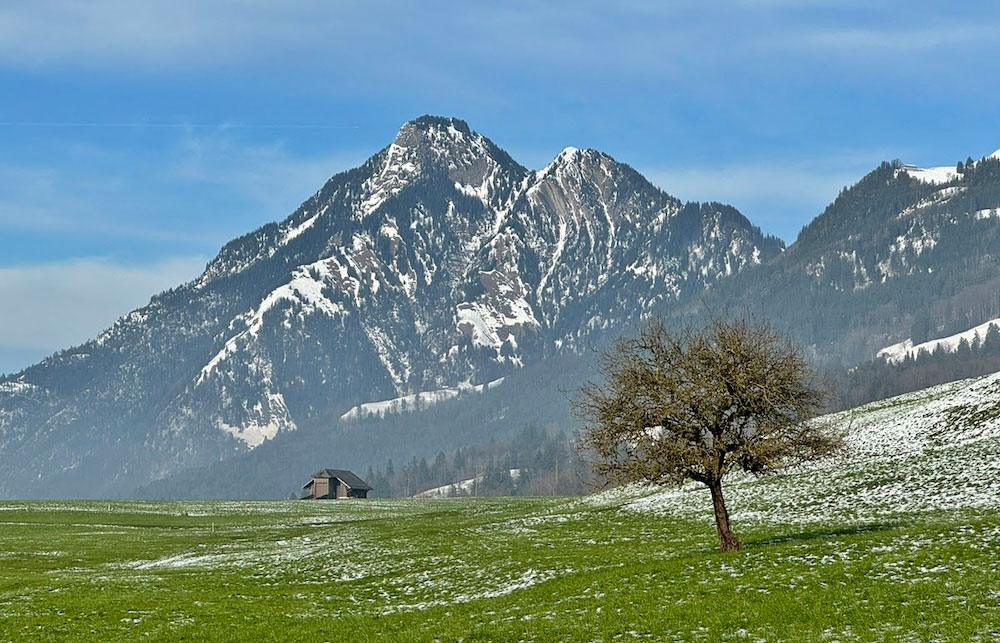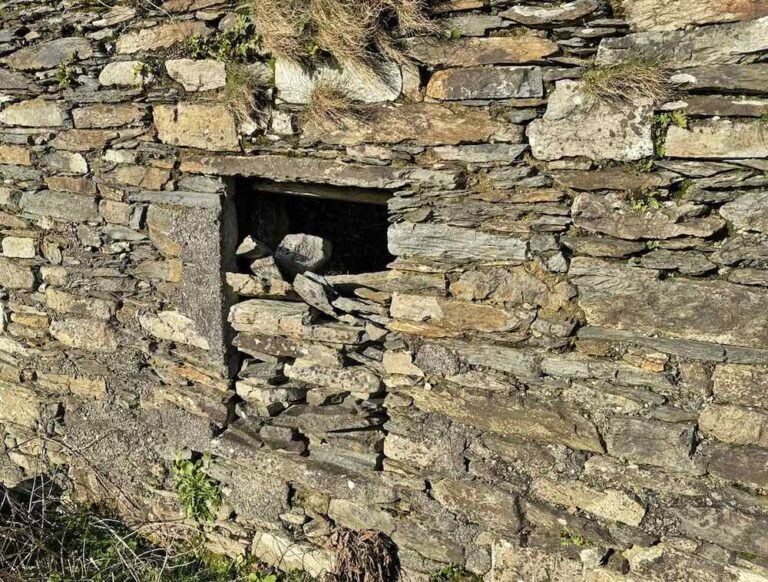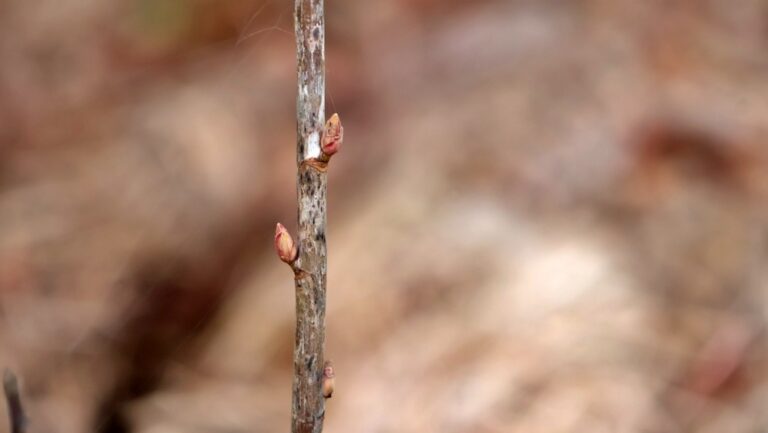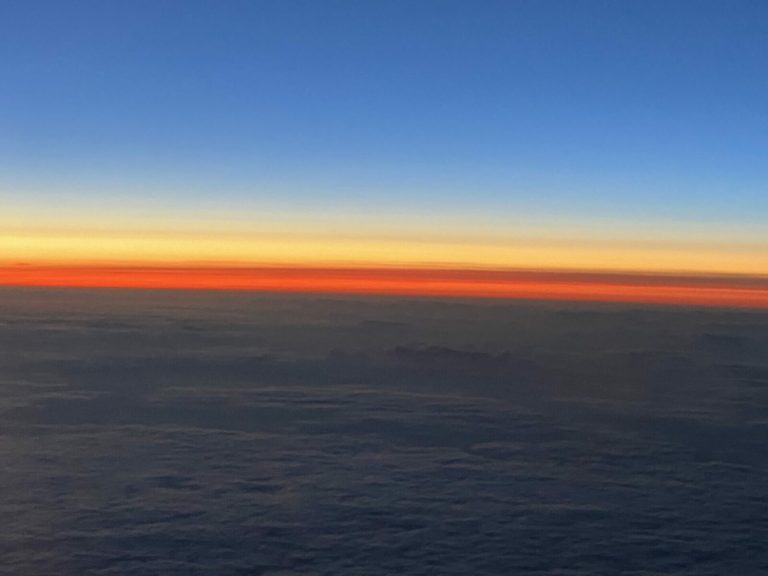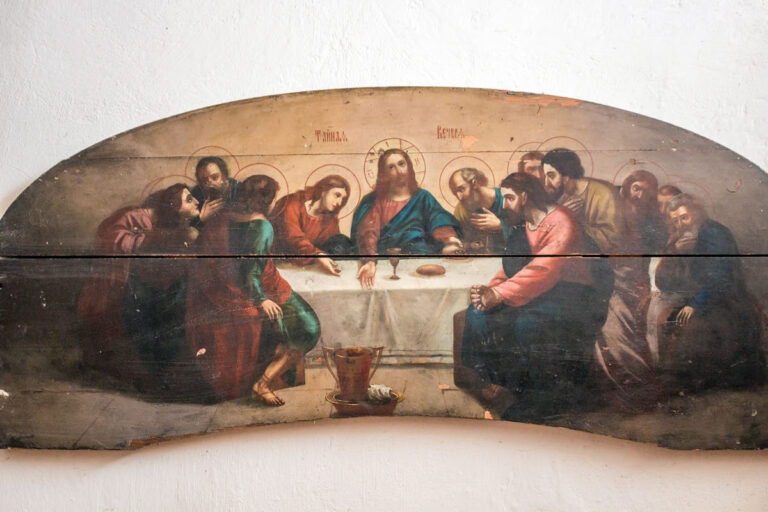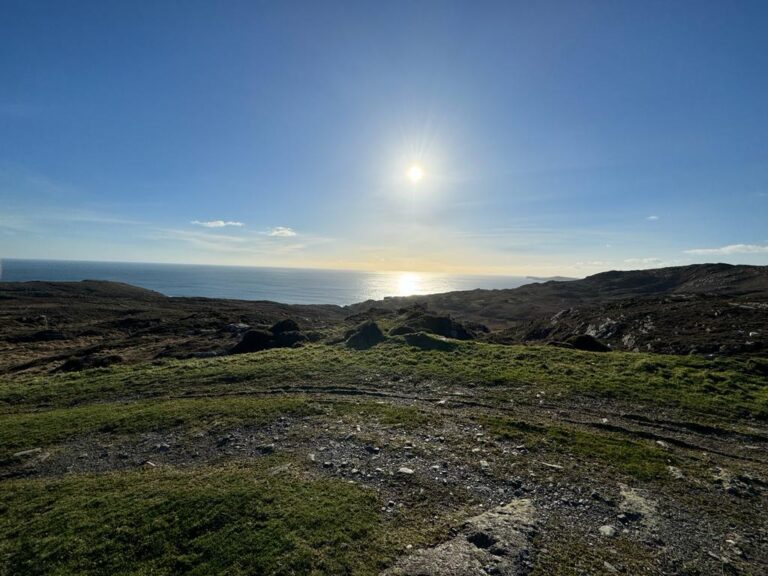Quarta-feira da Semana Santa
Não são estes dois tipos de experiências que não podemos criar ou controlar, mas apenas passar e, até certo ponto, talvez, partilhar com outras pessoas em quem confiamos? Ao compartilhar, não quero dizer que possamos realmente descrevê-los ou explicá-los, porque, assim que tentamos, parecemos absurdos. Se você vai falar bobagens significativas para alguém, primeiro precisa sentir confiança.
Primeiro, a sensação de pura admiração pelo fato de o mundo existir e de existirmos como parte dele. É de admirar sem o julgamento de que “estou feliz” ou “estou descontente”. A maravilha nem sequer exige que resolvamos a questão de por que o mundo existe? A maravilha é uma resposta pura ao que qualquer coisa é em si, sem sequer compará-la com qualquer outra coisa. Maravilha infantil, humilde e encantadora ao mesmo tempo.
Em segundo lugar está a convicção de que tudo ficará bem, no sentido mais amplo dessas duas cartas. Madre Julian claramente possuía isso, quando disse: ‘tudo ficará bem e todo tipo de coisa ficará bem’. Pode nos preencher mesmo quando as aparências nos fazem sentir exatamente o oposto, que tudo está condenado e cairá na inexistência na hora do chá.
Quando acolhemos estas experiências, “sentimo-nos melhor”, embora elas não resolvam todos os nossos problemas – exceto talvez o grande problema duplo do desespero e do tédio. O que nos faz sentir melhor, então, quando nos sentimos num estado de admiração e segurança fundamental? Seja o que for, é como a meditação – que não altera os acontecimentos externos de forma mágica e, a princípio, nem nos entorpece diante da dor da incerteza. Mas a meditação é uma forma tranquila e gentil de nos preparar para acolher estas duas experiências e ajudá-las a tornarem-se hóspedes permanentes e, eventualmente, co-residentes na casa do ser.
Espero que você me perdoe se isso parecer um absurdo. Quando pensamos ou falamos sobre qualquer coisa do outro lado da linguagem e do pensamento, cometemos um disparate. Para entender isso, por que não chamar o estado de admiração e confiança radical de “fé”. A crença, com a qual costumamos confundi-la, é influenciada pela fé; mas a própria fé é independente da crença. Fé é conhecimento espiritual.
À medida que entramos no significado da Semana Santa e permitimos que a sua história central nos leia e nos mostre o nosso lugar nela, a fé é o caminho que seguimos. Testamos e reajustamos nossas crenças em relação à experiência da fé. Escondido atrás da fé está a esperança e escondido na esperança está o amor. Como o eterno motor de Deus, estes três são um.
Desde o primeiro século da era cristã até hoje, Santo Inácio de Antioquia lembra a todos os buscadores que…
“O começo é a fé, o fim é o amor e a união dos dois é Deus. Todo o resto segue isso e leva à bondade perfeita.”
Texto original
Wednesday of Holy Week
Aren’t these two of the kind of experiences which we can’t create or control but only undergo and, to some extent, perhaps, share with others whom we trust? By sharing I don’t mean we can really describe or explain them because, as soon as we try, we sound nonsensical. If you are going to speak meaningful nonsense to someone you first need to feel trust.
First, the sense of sheer wonder that the world exists and that we exist as part of it. It is wonder without the judgement that ‘I’m happy’ or ‘I am discontented’. Wonder does not even require we settle the question of why the world exists? Wonder is a pure response to what anything is in itself, without even comparing it with anything else. Childlike wonder, humbling and delightful at the same time.
Second is the conviction that everything will be OK, in the fullest sense of those two letters. Mother Julian clearly possessed it, when she said: ‘all will be well and every kind of thing will be well’. It can fill us even when appearances make us feel the exact opposite, that everything is doomed and will collapse into non-existence by tea-time.
When we play host to these experiences, we ‘feel better’ even though they don’t solve all our problems – except perhaps the big double-headed problem of despair and boredom. What makes us feel better, then, when we feel in a state of wonder and fundamental security? Whatever it is, it is like meditation – which doesn’t change external events in a magical way and at first doesn’t even numb us against the pain of uncertainty. But meditation is a quiet, gentle way of preparing us to welcome these two experiences and helping them become permanent guests and eventually co-residents in the house of being.
I trust you will forgive me if this sounds nonsense. When we think or speak about anything on the other side of language and thought we make nonsense. To make sense of it why not call the state of wonder and radical confidence ‘faith’. Belief, with which we usually confuse it, is influenced by faith; but faith itself is independent of belief. Faith is spiritual knowledge.
As we enter into the meaning of Holy Week and allow its central story to read us and show us our place in it, faith is the path we are following. We test and reset our beliefs against the experience of faith. Hiding behind faith is hope and secreted in hope is love. Like the eternal engine of God, these three are one.
From the first century of the Christian era St Ignatius of Antioch reminds every seeker today that
the beginning is faith, the end is love and the union of the two is God. Everything else follows on these and lead to perfect goodness.

